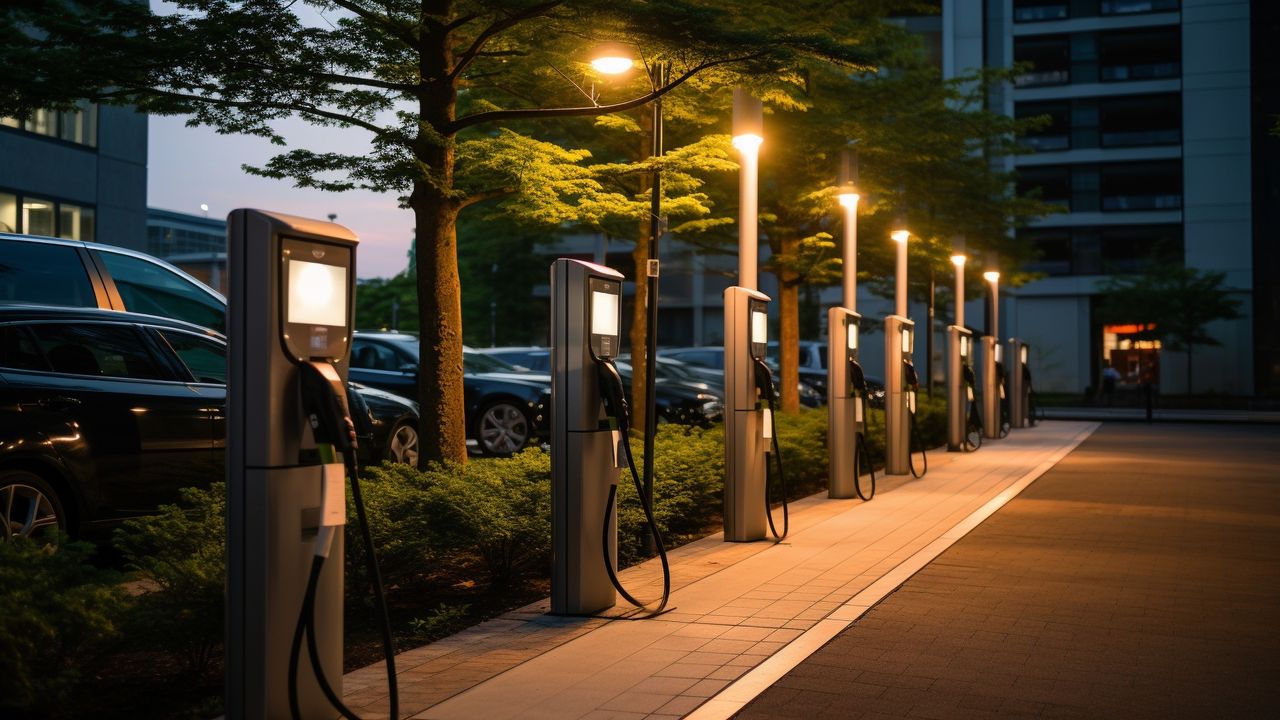Electric Car Conversions and Retrofitting: Transforming Vehicles for a Sustainable Future
With the growing concern for environmental sustainability, electric vehicles (EVs) have gained significant popularity in recent years. While purchasing a brand new EV may not be feasible for everyone, there is an alternative solution that allows car enthusiasts to contribute to a greener future: EV conversions.
The EV Conversion Process
EV conversions involve transforming a conventional gasoline-powered vehicle into an electric vehicle. This process typically includes replacing the internal combustion engine with an electric motor, installing a battery pack, and integrating the necessary control systems.
The conversion process begins with selecting a suitable donor vehicle. This can be any gasoline-powered car or even a classic car that holds sentimental value. Once the donor vehicle is chosen, the internal combustion engine, fuel system, and exhaust components are removed.
Next, the electric motor, which serves as the heart of the EV, is installed. The motor is connected to the existing transmission or a new transmission designed specifically for electric vehicles. The battery pack, typically made up of lithium-ion cells, is then installed in a strategic location within the vehicle to ensure optimal weight distribution.
After the major components are in place, the control systems are integrated. This includes the motor controller, which regulates the power output of the electric motor, and the battery management system, which monitors and protects the battery pack. Additional components such as charging ports, regenerative braking systems, and instrumentation are also installed.
EV Conversion Companies
While EV conversions can be a DIY project for those with the necessary skills and knowledge, there are also professional EV conversion companies that specialize in transforming vehicles into electric powerhouses. These companies have the expertise and experience to ensure a seamless conversion process.
One well-known EV conversion company is XYZ Electric Conversions. They have been in the industry for over a decade and have successfully converted numerous vehicles into electric power. XYZ Electric Conversions offers a range of conversion packages tailored to different vehicle types and customer preferences.
Another reputable company in the field is ABC EV Retrofits. They focus on retrofitting classic cars with electric powertrains, allowing car enthusiasts to enjoy the best of both worlds: the timeless design of a classic car and the eco-friendliness of an electric vehicle.
When choosing an EV conversion company, it is important to consider their track record, customer reviews, and the warranty they offer on their conversions. It is also advisable to inquire about the specific components and technologies they use to ensure they align with your sustainability goals.
The Benefits of EV Conversions
EV conversions offer several benefits beyond environmental sustainability. One of the main advantages is the potential for cost savings. Electric vehicles have lower operating and maintenance costs compared to gasoline-powered vehicles. Additionally, with the availability of tax incentives and rebates for EV conversions, the initial investment can be partially offset.
Furthermore, EV conversions allow car owners to repurpose their existing vehicles, reducing the need for new vehicle production and minimizing the environmental impact associated with manufacturing new cars. This promotes a circular economy and contributes to a more sustainable transportation system.
Conclusion
Electric car conversions and retrofitting present a viable solution for individuals who want to embrace electric mobility without purchasing a brand new electric vehicle. Whether you choose to embark on a DIY conversion project or seek the expertise of a professional conversion company, the transformation of conventional cars into electric vehicles is a step towards a greener and more sustainable future.
